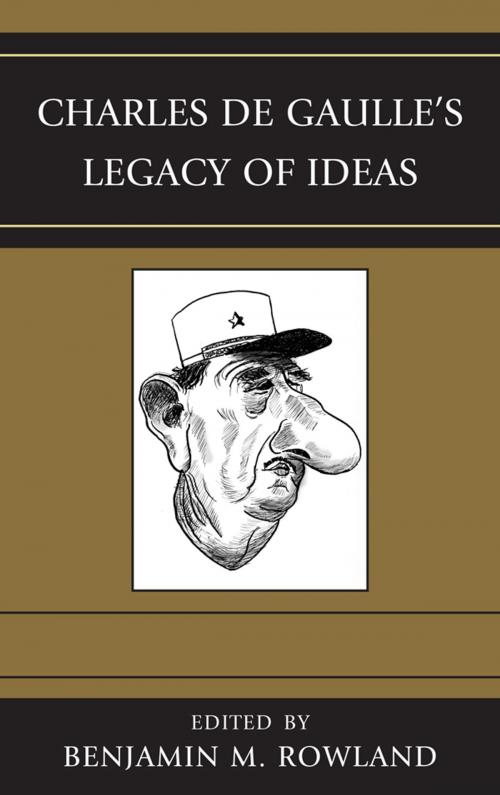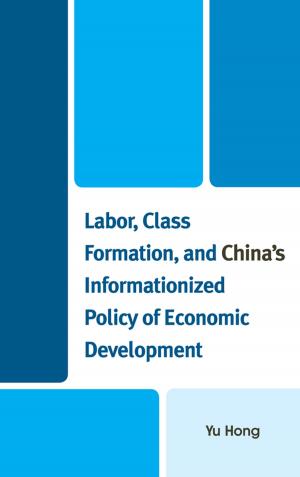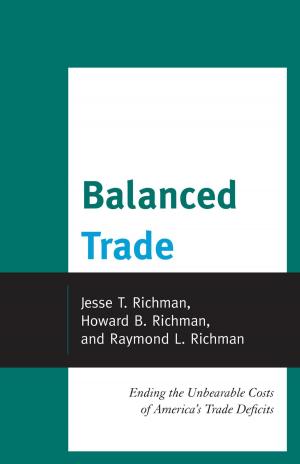| Author: | Dana H. Allin, Timo Behr, David P. Calleo, Christopher S. Chivvis, John L. Harper, Thomas Row, Michael Stuermer, Lanxin Xiang | ISBN: | 9780739164549 |
| Publisher: | Lexington Books | Publication: | August 16, 2011 |
| Imprint: | Lexington Books | Language: | English |
| Author: | Dana H. Allin, Timo Behr, David P. Calleo, Christopher S. Chivvis, John L. Harper, Thomas Row, Michael Stuermer, Lanxin Xiang |
| ISBN: | 9780739164549 |
| Publisher: | Lexington Books |
| Publication: | August 16, 2011 |
| Imprint: | Lexington Books |
| Language: | English |
The essays in this volume examine selected national, regional European, and international policies of Charles de Gaulle, giving consideration to their significance in his own time, and today. Not everything de Gaulle did withstands the test of time. Nor, obviously, was everything beyond criticism in his own time. Nonetheless, a main finding, in the words of one essayist, is that de Gaulle had an 'uncanny sense of where history was going' and the skill to position his country accordingly. De Gaulle also stands as a testament to the power of individuals in history, a somewhat unfashionable viewpoint in modern university curriculums. Today, when France's destiny appears increasingly to depend on structures and institutions beyond its national control, including a Europe weakened by the sovereign debt crisis, and a global economic system accountable to no one, it seems timely to reconsider the record of the twentieth century's greatest Frenchman, whose skill at dealing with the problems of his time can inspire today's generation of politicians and statesmen.
The essays in this volume examine selected national, regional European, and international policies of Charles de Gaulle, giving consideration to their significance in his own time, and today. Not everything de Gaulle did withstands the test of time. Nor, obviously, was everything beyond criticism in his own time. Nonetheless, a main finding, in the words of one essayist, is that de Gaulle had an 'uncanny sense of where history was going' and the skill to position his country accordingly. De Gaulle also stands as a testament to the power of individuals in history, a somewhat unfashionable viewpoint in modern university curriculums. Today, when France's destiny appears increasingly to depend on structures and institutions beyond its national control, including a Europe weakened by the sovereign debt crisis, and a global economic system accountable to no one, it seems timely to reconsider the record of the twentieth century's greatest Frenchman, whose skill at dealing with the problems of his time can inspire today's generation of politicians and statesmen.















